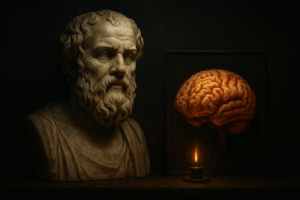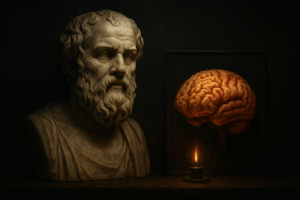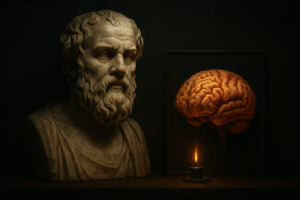
Reflections on solitude, emotional freedom, and the invisible script we still follow without realizing.
✦ Thinking Is My Vital Need
(Prologue – Personal Opening)
Just as Van Gogh couldn’t live without painting,
I cannot live without thinking.
It’s not a hobby.
It’s not intellectual vanity.
It’s necessity. Pulse. Lifeline.

Thinking is what grounds me and moves me.
It’s where my mind breathes,
where my soul finds space.
While some feel urgency to create, to act, to move —
I feel urgency to understand. To investigate. To go deep.
I need to study.
I need to philosophize.
I need to expand awareness — every day.
If I’m not immersed in something that intellectually challenges me,
I feel hollow. Absent. Voiceless.
My art begins before the artwork.
It begins in the thought that disturbs,
in the question without a simple answer,
in the restlessness that demands form.
I think, therefore I transform.
And only through this process can I begin to transform the world around me.

✦ Who Said You Can Only Live Well as a Couple?
📺 A film, a discomfort
Today I watched the latest film in the Bridget Jones series, released this year.
Once again, Bridget faces the pressure of being single, starting over, “finding love again.”
It’s the kind of film made to please a wide audience, with its doses of humor, drama, and that old comforting promise that, in the end, everything will work out — as long as you’re with someone.
But when the film ended, I was left with a strange feeling.
Not frustration. Not cynicism.
Just a question:
Why do we still so easily buy into the idea that the only legitimate path to happiness is being in a couple?
And more: who put this idea in our heads as a society?
Because the truth is, most films, songs, and books — made for the masses — sell this model as if it were universal.
As if it were the natural, inevitable route of life.
As if, without it, we’re failing.
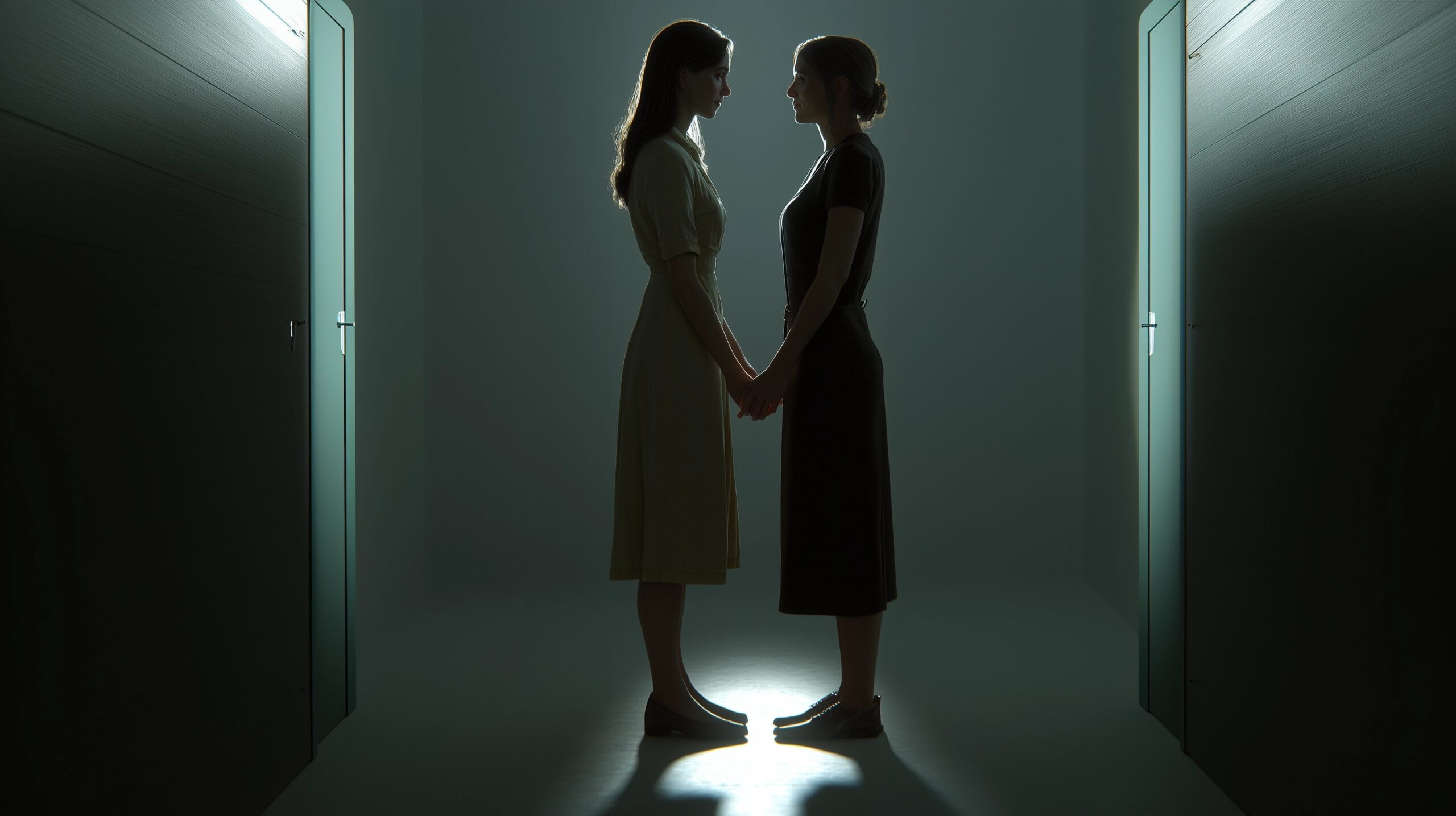
✦ Maybe the Real Challenge
Maybe the real challenge is learning to be at peace in our own presence…
- How we’ve been conditioned to seek “our other half.”
- Silence as a fertile ground for self-knowledge.
- Conscious relationships vs. relationships based on need.
- The wild beauty of solitude — like a jaguar in the forest.

✦ Romantic Love and Its Promise of Protection
Let’s be fair: there is something beautiful and powerful about having a meaningful emotional bond.
Having someone to share life with, someone to laugh and cry with, to travel with, to walk through dark nights with.
A healthy relationship can offer emotional safety, support, joy, and growth.
Being with someone can be one of life’s most profound experiences.
No wonder the idea of the “ideal partner” is so seductive.
It gives us a map: find the right person, and everything will fall into place.
But maybe that’s exactly where the problem begins.
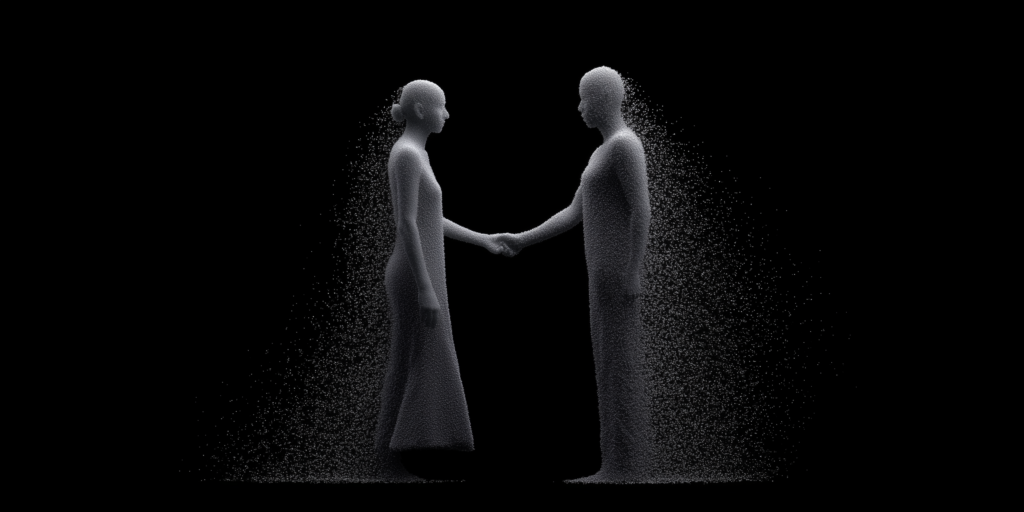
✦ The Question That Disturbs
What if this model doesn’t work for everyone?
What if it’s not mandatory? What if, for some people, fulfillment lies elsewhere?
We live conditioned by a powerful — and invisible — narrative.
A kind of social script that says if you don’t marry, have children, or form a “we” by a certain age,
something is wrong with you.
This conditioning runs so deep we often internalize the prejudice without realizing it.
There’s a deeply rooted belief that if you’re alone, it must be because you’re unlovable,
or broken somehow.
As if the absence of a romantic relationship were proof of failure —
rather than a valid choice or a natural phase of life.
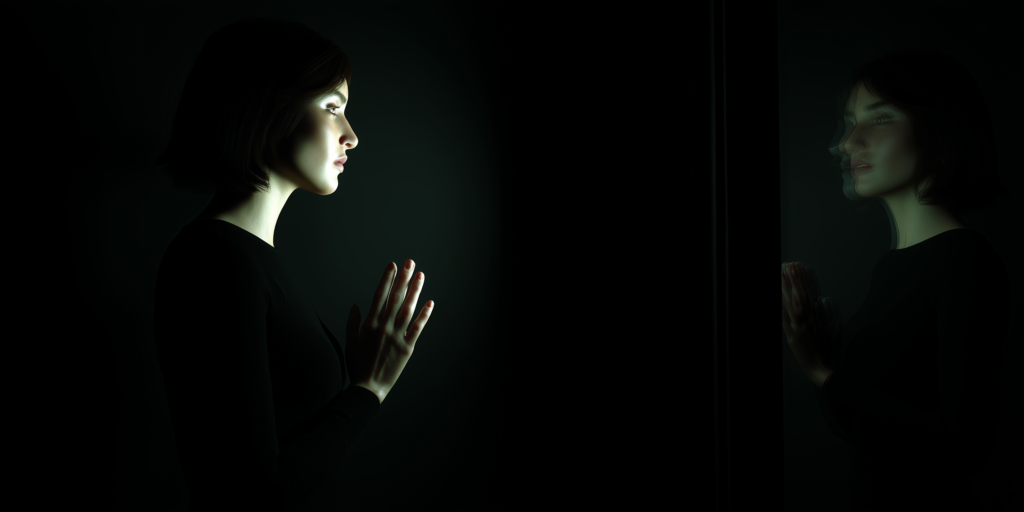
✦ The Silent Prejudice Against Single People
Single people are often seen as incomplete, selfish, immature, or sad.
Media constantly reinforces this idea: singles are the ones who “didn’t make it,”
who “got left behind.”
But that view is limited — and cruel.
Psychologist and researcher Bella DePaulo, a leading global voice on this topic, calls this prejudice singlism.
In her studies, she shows how single people are unfairly treated as “less adult” or “less successful,”
and how many scientific studies are manipulated to promote marriage as the ideal path.
DePaulo points out that many single people:
- Cultivate more diverse and long-lasting relationships (friendships, family bonds, support networks).
- Have greater emotional autonomy and personal growth.
- Are more engaged in creative, spiritual, and social pursuits.
And most importantly: they are not “missing” anything.

✦ What Neuroscience Says
Neuroscience confirms that human beings need connection —
but not necessarily romantic relationships to thrive.
- The brain releases oxytocin (the bonding hormone) through deep friendships, contact with animals, spiritual connection, meditation, and even acts of self-care.
- Studies from the University of California show that feelings like love, belonging, and purpose can be cultivated in many ways, not just through romantic couples.
- The renowned Harvard Study of Adult Development, which has tracked people for over 80 years, shows that the key to a happy, long life isn’t marriage itself — but the quality of our connections, whether with partners, family, or friends.
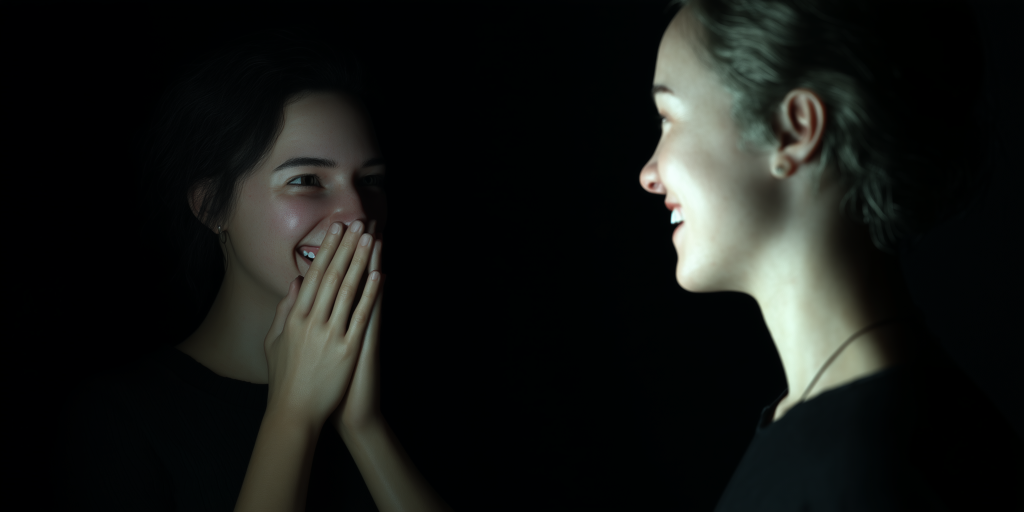
✦ Active Solitude: The Choice of Jaguars and Monks
There are symbolic examples that help us see solitude in a different light.
Wild felines, like jaguars, lynxes, and pumas, live alone by instinct.
They hunt, move, and protect themselves independently.
Their strength is silent.
Their freedom is non-negotiable.
They don’t reject connection — they simply don’t place it at the center of their existence.
On the other hand, we have the Shaolin monks, who also choose solitude as a path.
They take vows of celibacy, live in monasteries, and train body and mind as a way to refine presence.
They don’t marry — not out of repression, but as a form of transmutation.
They channel their vital energy toward consciousness, not distraction.
They cultivate silence, focus, and self-discipline — as a path to freedom.
Both felines and monks are living archetypes of a state few of us are taught to embrace:
active solitude — the kind where silence doesn’t oppress but strengthens.
Where being alone is not a lack — but a form of fullness.

✦ Conclusion: Love Yourself Until You No Longer Depend
This is not about rejecting companionship, affection, or partnership.
The point is something else entirely:
not depending on it to feel whole.
To love yourself to the point where you no longer need anyone to validate your dignity —
that is a quiet revolution.
True emotional freedom might not lie in finding “your other half,”
but in realizing that you were always whole.
And if someone or something comes into your life,
let it be to enrich — not to complete.
Let it be a meeting of wholeness, not a union of fragments.
Because what truly transforms us is not what pulls us away from ourselves —
but what brings us back to who we are.

✦ Epilogue – Looking Under the Rug
After all of this, I realize the reflection goes far beyond “to marry or not to marry,” “to be alone or partnered.”
That’s just the visible layer. The polished surface.
What lies underneath is much deeper.
The real question is: are we living by choice, or by conditioning?
We’ve been fed narratives that tell us how to live, what to desire, what to pursue.
And one of the strongest is this:
that we must be in a couple to be complete, valid, accepted.
It’s as if this idea had been swept under the cultural rug.
Hidden. Still operating.
Shaping our decisions, fueling our anxiety, molding entire lives.
But what happens when we stop and look under the rug?
When we start to see that maybe — just maybe — we’re all a little alienated?
Following patterns, acting out roles, walking scripts we never chose?
Then we realize the real question isn’t:
“Will you get married?”
But rather:
“Are you awake to the life you’re choosing?”
“Are you conscious of why you do what you do?”
Because whether or not you’re in a relationship —
that’s not the point.
The point is to be awake.
Awake to what resonates with you.
Awake to what truly comes from within — not from social expectation.
Awake to what you actually want to live — not just reenact.
Living on autopilot is what drains us.
Being shaped by unexamined narratives is what puts us to sleep.
The real act of freedom is looking under the rug — and not looking away.
To face the fear of being alone.
To face the idealization of the couple.
To face dependency disguised as love.
To face how much we are still driven by lack, not by choice.
And from that raw, unadorned place,
to begin living a life that is yours.
Even if it means swimming against the current.
Even if it hurts to leave the script.
Because in the end,
it’s not about being with someone.
It’s about being whole — wherever you are.
Marcia Do Vales

✦ Quotes to close the blog

“Nothing missing, nothing broken, nothing out of place.”
— Bishop Bruno Leonardo
“I am grateful for all that I have.”
— Tony Robbins
“He who looks outside, dreams. He who looks inside, awakens.”
— Carl Jung
“To be solitary is a privilege of inner freedom.”
— Hermann Hesse
“The happiness of your life depends upon the quality of your thoughts.”
— Marcus Aurelius
“I don’t want to be loved halfway. I want it all or nothing. Wholeness or the abyss.”
— Clarice Lispector
“Freedom is not having a good master, but having no master at all.”
— Cicero
“Solitude is not the absence of love, but its complement.”
— Rainer Maria Rilke
“You yourself, as much as anybody in the entire universe, deserve your love and affection.”
— Buddha
“Truth does not belong to the one who shouts the loudest, but to the one who holds more silence within.”
— Alejandro Jodorowsky



